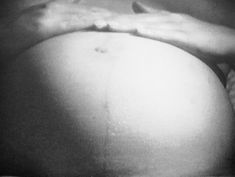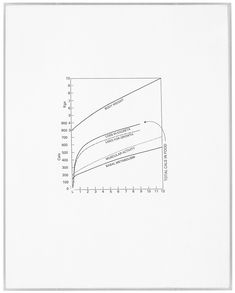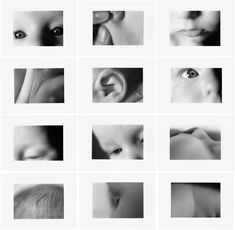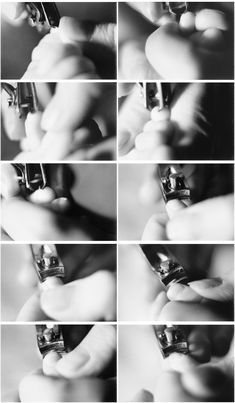Mary Kelly
Mary Kelly was born in Fort Dodge, Iowa, USA, in 1941. After an initial education at the College of Saint Teresa, a Catholic women's college in Winona, MN, in the USA, where she earned a Bachelor of Arts (BA) in 1963, she continued her studies in art and art history at the Pius XII Institute in Florence, Italy, where she received a Master of Arts (MA) in 1965. She then taught art in Beirut, Lebanon. From 1968, she studied painting at St. Martin's School of Art in London, where she graduated in 1970. She subsequently worked as an artist, curator and publicist, and continued her teaching career. In 1989 she moved to New York City, where she taught for the Whitney Museum's Independent Study Program until 1996. Her first solo exhibition was held at the Institute of Contemporary Arts in London in 1976. In addition to her numerous exhibition participations, including the 2004 Whitney Biennial, the 2008 Sydney Biennial, and Documenta 12 in 2007, she has had several retrospectives: in 2008 at the Center for Contemporary Art, Warsaw; in 2010 at Moderna Museet, Stockholm; and in 2011 at Whitworth Art Gallery, Manchester. Her major publications include Post-Partum Document (1983), Imaging Desire (1996), Rereading Post-Partum Document (1999), and Dialogue (2011). In 2015, she received a fellowship from the John Simon Guggenheim Memorial Foundation. Mary Kelly is Judge Widney Professor at the Roski School of Art and Design at the University of Southern California (UCLA) in Los Angeles.
In two early projects, the film "Nightcleaners" (1975) and the exhibition "Women and Work" (1973-75; with Margaret Harrison and Kay Hunt), Kelly became involved with documenting the working conditions of women and changes in the labor process during the implementation of the Equal Pay Act. The six-year project "Post-Partum Document" (1973-1978) focuses on the processes of socialization and intersubjectivity in the first few years of life. Influenced by Lacan’s psychoanalysis, the seven individual sections address the mother/child relationship from a feminist perspective for the first time in art history. Since its scandal-riddled initial presentation in the 1970s, "Post-Partum Document" has been shown frequently; through collections in the U.S. and Canada, Australia, Switzerland, and Great Britain it ultimately reached Austria. In 1998, the first complete presentation of all sections of "Post-Partum Document" took place at the Generali Foundation in Vienna. The book of "Post-Partum Document," which had been out of print, saw a new edition at the behest of the Generali Foundation, making a renewed acquaintance with this extraordinary work possible. As a photographic complement, "Primapara," "Manicure / Pedicure Series" (1974/96) and "Bathing Series" (1974/96), capture the physical contact between mother and infant and so reflect their complex reciprocal relationship.
Mary Kelly's thematic concentration on desire and identity in works such as "Interim" (1984-89) set new standards in terms of how women artists think about themselves and their relationships to others. By placing an interrogation of the personal at the center of her work, Kelly has extended the parameter of conceptualism to include the women artist’s (and her) own sexuality, economic conditions, origins, and history. (Hemma Schmutz)



